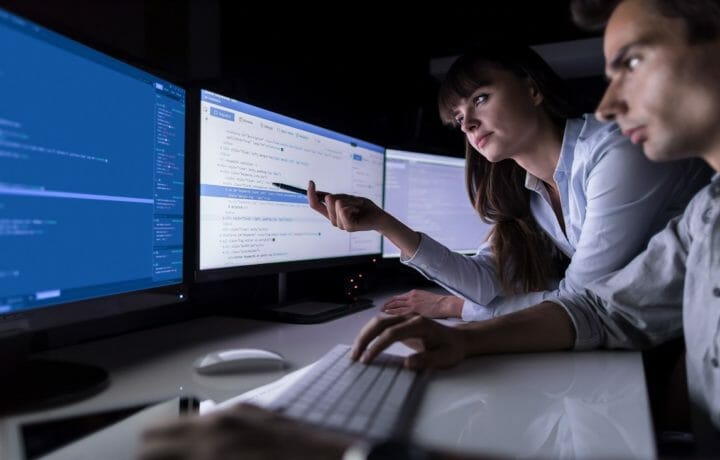Just when you thought it was safe to forget about SOPA, the much-debated Stop Online Piracy Act made its way back into the headlines this week for what lawmakers are saying are all the wrong reasons.
Despite the current congressional recess, the Cyber Intelligence Sharing and Protection Act (CISPA), introduced by Reps. Mike Rogers (R-Mich.) and Dutch Ruppersberger (D-Md.), was under fire this week for being too similar to SOPA, with critics claiming it’s just another way Congress intends to regulate the Internet.
CISPA, which Rogers and Ruppersberger said would “help the private sector defend itself from advanced cyber threats, without imposing any new federal regulations,” is catching flack as reports speculate that the bill will make its way to the House floor by the end of the month.
Refuting critics’ claims, Rogers told The Hill that comparing CISPA to SOPA is like “comparing apples and oranges,” calling the two bills “very different.”
But hackers who oppose both bills aren’t waiting around for the House to make the call, with the now-infamous hacktivist group Anonymous claiming responsibility this week for a series of denial-of-service cyber attacks on the websites of the organizations supporting CISPA.
Top technology trade association TechAmerica, a backer of the bill, was one of the organizations to come forward, reporting on Monday that its website was temporarily shuttered by the hackers.
“These types of strong-arm tactics have no place in the critical discussions our country needs to be having about our cybersecurity, they just underscore the importance of them,” TechAmerica president and CEO Shawn Osborne said in a statement. “CISPA is designed to defend against cyber attacks and keep the internet free and open. We will continue to advocate for its passage.”
Meanwhile, the hackers don’t appear ready to stand down, as a Twitter account believed to be associated with the group tweeted Thursday that CISPA would “obliterate #privacy protections and undermine #Internet #freedom.”
In a separate tweet, accompanied by a halting YouTube video, Anonymous wrote, “This time we are not playing nice! Expect our full fury!”
—
Michelle Kincaid is a DC-based public affairs professional specializing in technology policy. She is also founder of the blog CybersecurityNews.org. Follow her on Twitter at @OnCybersecurity.


